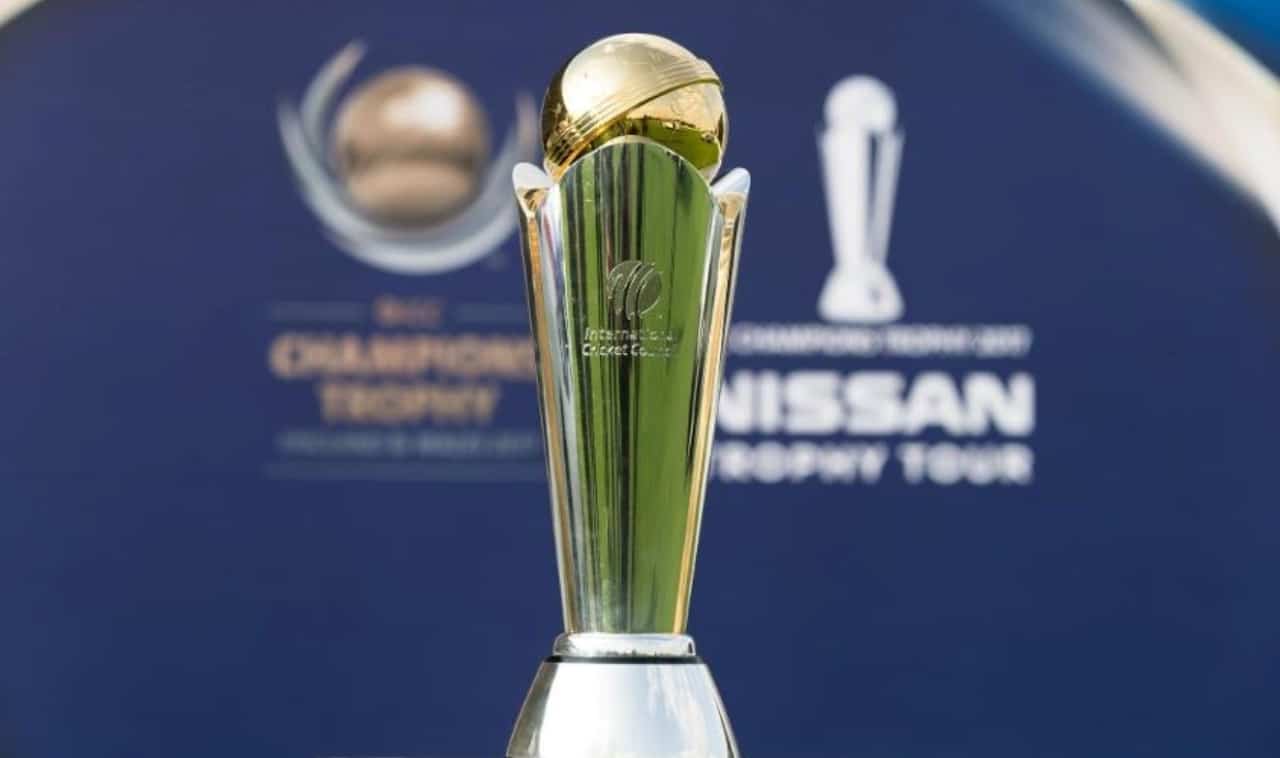With the rise in terrorist activities along Indian borders and the Pakistan army’s active role in sending armed militants to disturb peace in Jammu and Kashmir, India has apparently made the right decision hold back its cricket team’s travel to Pakistan for the Champions Trophy scheduled for February/March next year. This decision is underscored by recent tragic events, including the killing of five Indian soldiers in Kathua in an ambush by the Pakistan-backed terror outfit Jaish-e-Mohammed, which also left another half a dozen soldiers injured. Intelligence reports reveal that as many as 50 militants were allegedly pushed into Jammu and Kashmir by the Pakistan army and ISI through tunnels. These militants aimed to destabilize the region further. The Indian army responded by neutralizing about half a dozen militants involved in the Kathua incident. The arms and other materials recovered from these militants, including US-made weapons supplied to the Pakistan army, confirmed their direct involvement. Thus far, the Pakistan’s frustration is loud and clear as it could not fathom Modi government’s decision to abrogate Art 370 and declare legally Jammu and Kashmir as an integral part of India.. In light of these developments, India’s decision not to send its cricket team to Pakistan for the Champions Trophy is not just a safety measure but a strategic response. The ‘hybrid model’ of hosting the tournament, where part of it could be held in another country, remains an option. India’s participation cannot be enforced by the ICC if there is a governmental policy against it. The ICC board meeting currently underway in Dubai has not included the Champions Trophy on its agenda. However, newly-elected PCB chairman Mohsin Naqvi has expressed his desire to discuss assurances with his BCCI counterpart Jay Shah and other ICC officials on the sidelines. An ICC Board member, who is privy to the developments, mentioned that any decision by the BCCI will likely be taken closer to the tournament. The possibility of using the UAE as an alternative venue cannot be entirely dismissed. If a member nation’s government explicitly states their inability to play in a specific country, the ICC would need to look for alternatives. India’s decision not to send its cricket team to Pakistan for the Champions Trophy is thus justified. This decision not only ensures the safety of Indian players but also acts as a strategic move to pressure Pakistan, which is already facing significant economic challenges. The Modi government is determined to hold elections in Jammu and Kashmir after the abrogation of Article 370, aiming to legitimize the region as an integral part of India. Pakistan’s provocations, including supporting cross-border terrorism, are likely to have severe repercussions. The Modi government is resolute in its stance to reclaim Pakistan-occupied Kashmir (PoK) if Pakistan continues its hostile actions. In this broader context, the decision not to send the Indian cricket team to Pakistan is a precursor to potentially stronger actions. It serves as a warning that if Pakistan does not cease its provocations, more stringent measures may follow. The Indian government’s stance is clear: the safety of its citizens and sovereignty of its territory are paramount, and any attempts by Pakistan to undermine this will be met with decisive action.
Justified Decision





